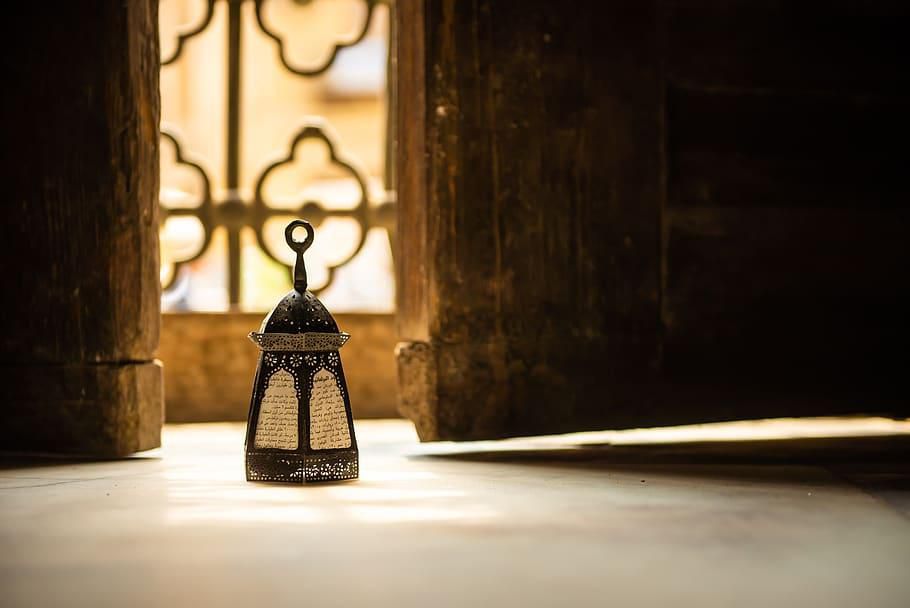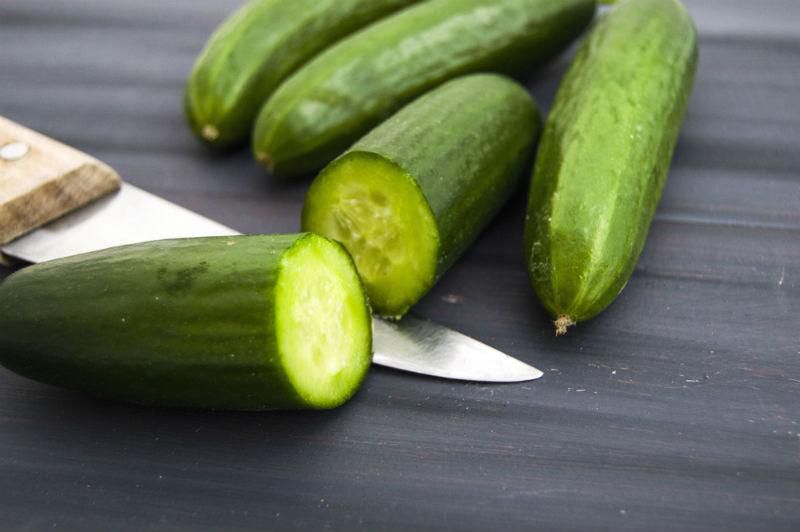Uganda heatwave: How to stay hydrated during Ramadhan
)
As Uganda grapples with an unexpected heatwave, Muslims observing Ramadhan this year face the added challenge of fasting in soaring temperatures.
With daytime highs exceeding 35°C in some regions, staying hydrated between Iftar and Suhoor is essential to maintaining health and well-being.
The absence of rain and prolonged dry spells have intensified the heat, making it more important than ever for fasting individuals to adopt effective hydration strategies.

Optimal Hydration Strategies for Fasting Muslims
Hydration during fasting begins with a mindful approach to fluid intake.
While it may be tempting to drink large quantities of water at Iftar, the best approach is to rehydrate gradually.
Start with a few sips of water and a hydrating fruit such as watermelon or oranges.
Over the non-fasting hours, aim to consume at least 2.5 litres of water, spacing it evenly between Iftar and Suhoor. Coconut water and freshly squeezed juices can also help restore lost electrolytes and keep the body hydrated.
Avoid drinks that can lead to dehydration, such as caffeinated beverages like coffee and tea, as well as sugary sodas.
These drinks can increase fluid loss through urination, leaving you more dehydrated during the day.
Instead, opt for herbal teas or infused water with cucumber, lemon, or mint to keep hydration levels balanced.

Foods That Support Hydration
Incorporating hydrating foods into meals is a smart way to maintain hydration levels while fasting.
Fruits and vegetables with high water content, such as cucumbers, tomatoes, lettuce, and melons, should be a priority. Soups and broths are excellent meal options for Iftar, as they provide both hydration and essential nutrients.
Avoid excessively salty or spicy foods, as they can increase thirst and contribute to dehydration.
Instead, focus on balanced meals with whole grains, lean proteins, and fibre-rich foods that release energy slowly, keeping you nourished throughout the fasting hours.
Protecting Yourself from Heat Exposure
Given the extreme temperatures, it is crucial to take precautions against heat exhaustion and dehydration.
When outdoors, seek shade as much as possible and wear loose-fitting, light-coloured clothing to reflect heat.
Avoid strenuous physical activity during peak sun hours and plan essential tasks for the early morning or evening.
As Uganda waits for the anticipated rains, taking proactive steps to stay hydrated and cool will ensure that those observing Ramadhan can fast safely and comfortably.
By adopting these practical hydration strategies, Muslims can navigate the challenges of fasting in extreme heat while prioritising their health and well-being.
)
)
)
)
)
)
)